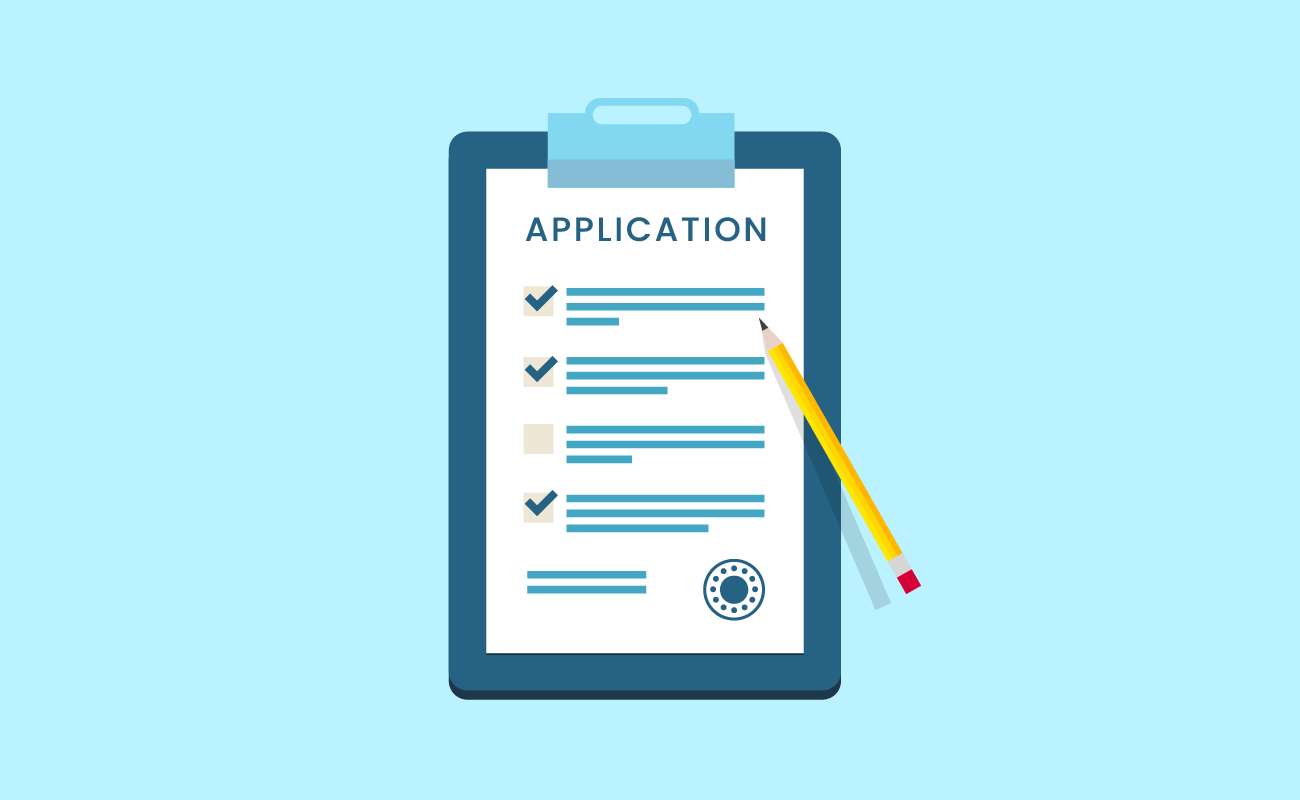Overview of Home Mortgage Process 101 | Stage 2

Stage 2 | Applying for a Mortgage Loan
In Part One of this three-part article we showed how to pre-qualify for a mortgage loan from your bank or credit union. Part Two now deals with finding a property within budget and making formal application for that loan.
What kind of house you are looking for, in what location, at what price? Don’t forget that the bank seldom lends 100% of the purchase price, so be sure to put aside enough cash for a down-payment and to cover Closing Charges including :
For the Deed of Mortgage :
- bank/legal fees
- valuation report
- house insurance
- stamp duty
For the Deed of Conveyance :
- Legal fees
- Search fees
- Stamp duty (on values above the exemption figure)
If you choose to use the bank’s attorney for both transactions, a saving on conveyance fees will be possible.
Your next step is to find a qualified and professional Agent who is FIU registered and a member of the Association of Real Estate Agents. Give her your budget limit, the purpose of your investment, and any “must have” features of the property and she shortlist suitable houses for viewing.
When you’ve found a house you love, make an offer based on your budget, and if accepted, the price and other terms will be put into a Sale Agreement which you sign and make your cash down-payment into escrow (a special client account where your money is safely held by a Stakeholder until completion). From the date you sign and deposit, you have up to 90 days to organise your mortgage cheque and close the transaction.
Caution : a mortgage offer is usually subject to valuation. A Sale Agreement is usually at an agreed price and not subject to valuation. If the Valuation Report comes in lower, this can alter the amount which the bank can lend, and you will have to find additional funding if you still want to go ahead with the purchase. It is unlikely that the seller will agree to re-negotiate the contract price at this stage.
So you have signed a Sale Agreement and now you go back to the bank and make a formal application for the loan for which they pre-qualified you earlier. When your application is submitted, you will be asked to pay :
- An application administration fee
- Fee for searching title to the property, and a judgment search on you personally
- Fee for a credit search on you personally
About a week later you should get a mortgage offer letter confirming the amount and terms of your loan. Unless a valuation is done at this stage, the offer will be subject to later valuation, with the risk that involves. Once you have the offer letter you will be allowed two weeks in which to accept it and pay the fees detailed above.
Now you must instruct an attorney to act for you on the transfer of title to your name. Remember that if you use the bank’s attorney for both mortgage and conveyance Deeds, there may be a conflict of interest in the event of any problems or delays in completion, and the bank’s interests are going to take priority over yours. Lack of cash is maybe the only good reason to use one attorney instead of two.
The seller or his Agent will provide your attorney(s) with copies of certain documents to complete searches on the house you are buying :
- Sale Agreement
- Certified copy of Deed or photocopy of Certificate of Title
- Valuation Report
- Certificate of payment of L&B tax from DRO/BIR
- WASA clearance certificate and copy of latest bill
- T&C confirmation of residential zoning or Completion Certificate
Not all these documents will be available immediately because the certificate of payment and WASA clearance are only applied for nearer completion because the clearance is time sensitive.
Property with leasehold title and condominiums require additional supporting documents, and if you are building a new home then you will also need to show the bank :
- T&C approved building plans
- Contractor’s estimates
- Two references from your builder /Contractor with photos of other properties built
- Quantity surveyor (QS) report
The second stage of the mortgage and purchase procedure ends with your loan secured, Sale Agreement signed, and your attorney(s) starting searches of title before drawing up the two Deeds. The final article will deal with completion of your purchase.
AREA is currently the Governing Body of the Real Estate industry in Trinidad and Tobago, established under Section 2 of the Association of Real Estate Agents (Incorporation) Act, 2012.

Follow Us